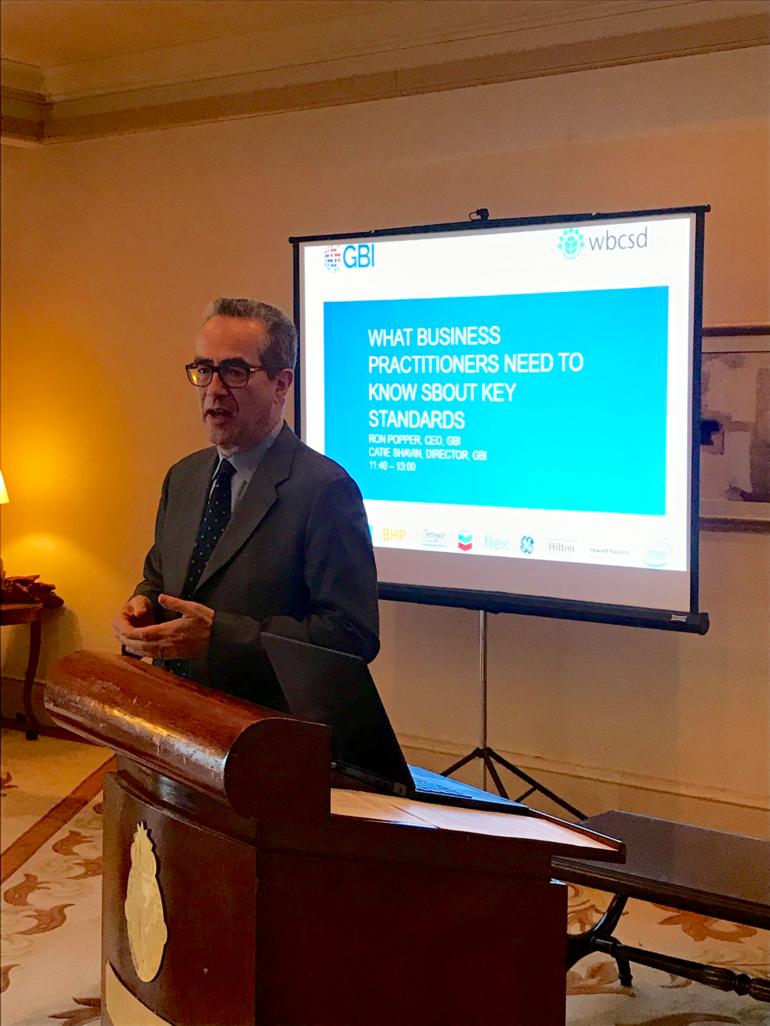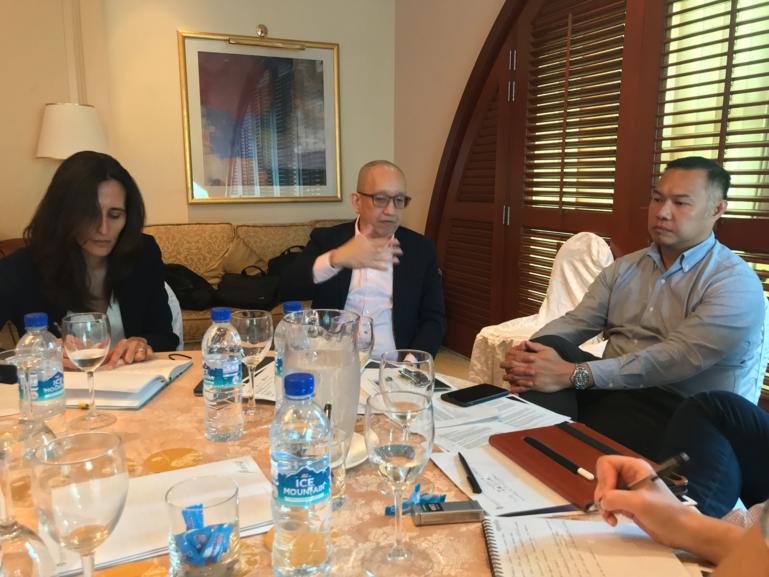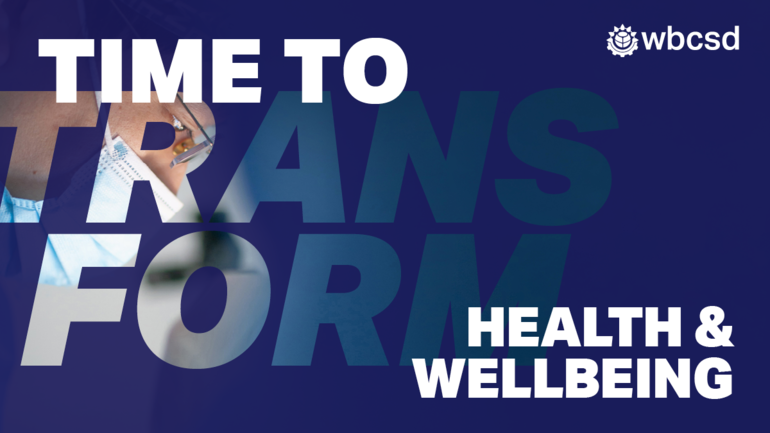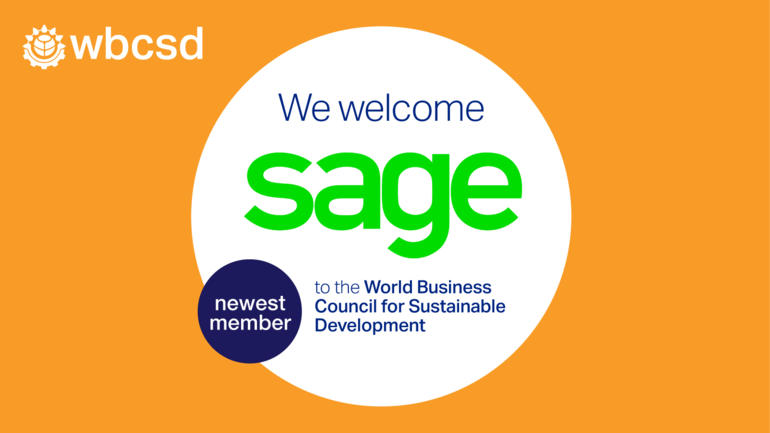Tackling them effectively requires companies to engage with stakeholders across different regions, operating in very different local contexts. Creating opportunities for this global engagement is key to building effective and sustained solutions to many of these challenges.
To that end, human rights due diligence, access to remedy for victims of corporate abuses, and regional regulatory changes on business and human rights were the focus areas of two days of discussions and workshops organized on 20-21 March in Singapore by the Global Business Initiative on Human Rights (GBI) and the World Business Council for Sustainable Development (WBCSD).
More than 30 companies and organizations attended the sessions to hear regional experts, as well as members of the GBI and WBCSD, speak about implementation of the UN Guiding Principles on Business and Human Rights (UNGPs) both by governments and local and multinational companies operating in Southeast Asia.
For GBI and WBCSD, the meetings provided opportunities to exchange expertise on embedding human rights in company operations, and how to improve human rights practices and grievance mechanisms, as well as valuable insights into current and emerging regulatory standards in the region.
While GBI is primarily a peer learning organization, the meetings marked part of the organization’s renewed efforts to engage in different parts of the world to better understand regional perspectives on issues such as the realities of supply chain conditions for employees, how responsible recruitment initiatives can strengthen efforts to combat modern slavery, challenges regarding land rights, and the different ways states are implementing National Action Plans and strengthening national standards.
Regional representatives of GBI member companies, members of WBCSD and other companies attended the meetings.
"Part of the added value we offer members is that local representatives of GBI member companies who would not ordinarily benefit directly from our peer
learning meetings can participate in detailed discussions on issues affecting their local business operations and their value chains." GBI CEO Ron Popper.
Key insights from the events series include:
- The business and human rights agenda is growing in Southeast Asia, and companies are facing increasing pressure to engage with human rights challenges – from governments, investors and Western companies, and from workers and consumers.
- Company practice is advancing. More companies are now aware of the need to manage human rights challenges effectively – and see the benefits to the business of doing so. Creating opportunities for business practitioners to share practical insights and experiences helps companies to accelerate their human rights programs.
- The legal and policy space is evolving. Governments in Southeast Asia are increasingly developing National Action Plans and other policy frameworks to address business and human rights challenges. Companies should also be aware of changes in the legal environment, with mandatory human rights reporting and due diligence requirements increasingly being introduced.
For WBCSD, the events were also an opportunity to discuss the need for corporate leadership in raising the bar for human rights performance.
"It has been encouraging to hear about developments encouraging corporate respect for human rights through regulation, investors, media and consumers, but we have been most inspired by the appetite from companies operating in the region to lead by example, and to demonstrate actions that are possible, practical and aspirational to advance the human rights agenda in Southeast Asian countries. We look forward to continuing to share and support these efforts." Kitrhona Cerri, Director of Social Impact at WBCSD.
GBI will be extending its regional focus during the course of 2019 and beyond. We aim to provide practice-based insights both to members and their value chains, as well as to other companies, on how they can improve respect for human rights in their operations, in line with the UNGPs.
"One of our forthcoming external engagements will involve a field trip for corporate executives to a factory site in Southeast Asia to offer a first-hand look at how managers can transform issues such as long working hours, dormitory conditions and passport retention into leading practice and, in the process, strengthen business continuity and resilience. We hope that insights gained on such a visit, supported by local expert input on labor and human rights issues, will inspire both our members and their business partners, as well as other companies." GBI Director Catie Shavin.
This blog was originally published by Ron Popper, CEO, GBI on https://gbihr.org/updates/learning-from-southeast-asia.
For more information, visit WBCSD's Business & Human Rights Gateway.










